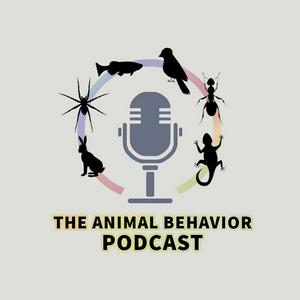This week Matthew speaks with Jenny Tung, McArthur fellow and the director of the Max Planck Institute for Evolutionary Anthropology.
They start out by discussing the mutual benefits that molecular biologists and behavioral ecologists can gain from bringing their methods and frameworks together. They discuss two examples of the power of that synergy from Jenny's work as a co-director of the Amboseli Baboon Research Project: (1) unraveling the hybridization history of the population and the behavioral impacts of hybrid ancestry and (2) measuring "biological" age and its predictors. They close by discussing Jenny's new role as director of MPI for Evolutionary Anthropology.
Papers Relevant to this Week's episode:
Hybridization in the Amboseli population:
Vilgalys, T. P., Fogel, A. S., Anderson, J. A., Mututua, R. S., Warutere, J. K., Siodi, I. L. I., ... & Tung, J. (2022). Selection against admixture and gene regulatory divergence in a long-term primate field study. Science, 377(6606), 635-641.
Biological aging in baboons:
Anderson, J. A., Johnston, R. A., Lea, A. J., Campos, F. A., Voyles, T. N., Akinyi, M. Y., ... & Tung, J. (2021). High social status males experience accelerated epigenetic aging in wild baboons. Elife, 10, e66128.
Credits: The Animal Behavior Podcast is created by a team of animal behavior researchers and audio professionals. Come meet us here! We receive production support from the Cornell Broadcast studio directed by Bert Odom-Reed, and financial support from the Animal Behavior Society.


